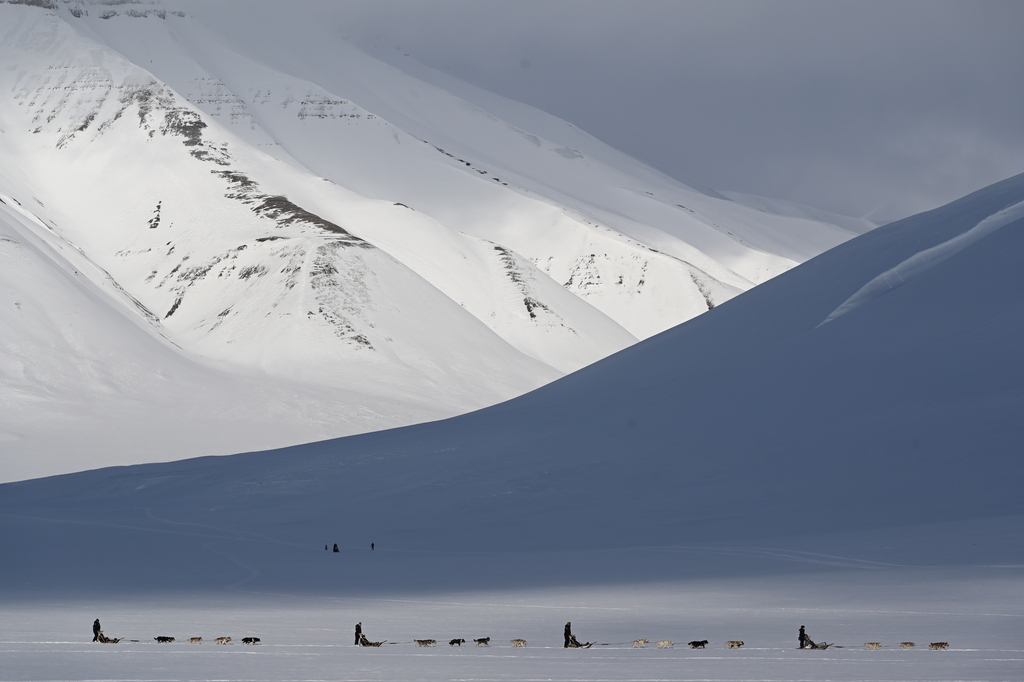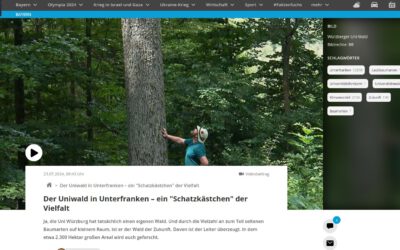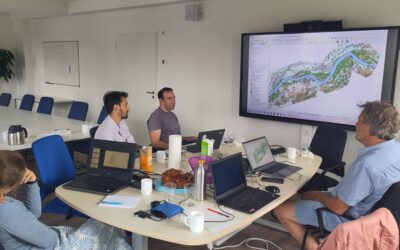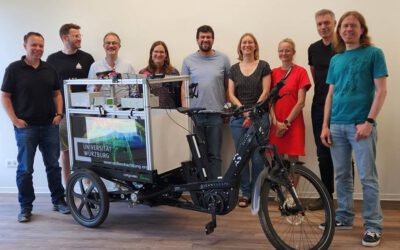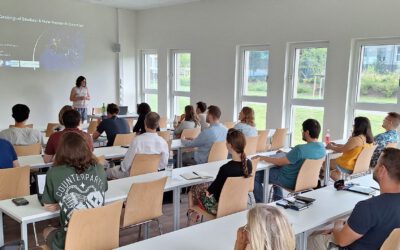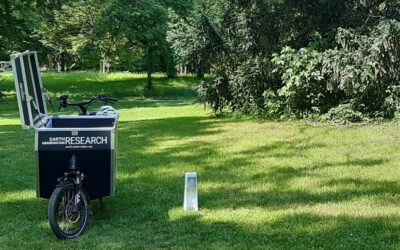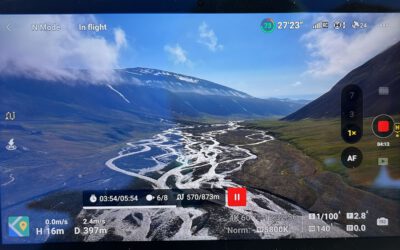At the University of Würzburg at the Institute of Geography and Geology at the Earth Observation Research hub, there is a vacancy for the position, starting as soon as possible of a
Research Assistant (m/f/d) / PhD student
Remuneration group TV-L 13 to the extent of 65 % of the regular weekly working time for a period of 3 years.
The high northern latitudes have undergone a significant warming over the last decades and climate projections indicate an accelerated warming of these systems, exceeding the global average. Changing climatic conditions imply changes in the eco- and geosystem, e.g. loss of permanently frozen ground, change of snow cover duration, or alteration of snow-pack properties, but also impact animal population causing a need for conservation activities. Considering the consequences of the change and the role of the Arctic ecosystem, there is a high need to estimate and continuously monitor environmental parameters over large regions. In this context satellite remote sensing and in-situ data collection provide helpful tools for environmental research, as both techniques are capable of providing relevant biotic and abiotic environmental information.
This project ought to investigate the linking of multi-resolution and multi-sensor remote sensing data (i.e., LiDAR, SAR, and multispectral imagery) acquired by drones and earth observation satellites with in-situ data collected within the Arctic region of Svalbard. The project particularly focuses on the analyses of short- and long-term temporal dynamics and their triggers as well as on the detection and quantification of spatio-temporal patterns of surface properties. Based on collaborations in Svalbard it is expected to conduct field work in the study region and closely collaborate with local colleagues from animal-environment, botany, and remote sensing field of research.
Candidates are expected to pursue a PhD degree within this project.
Requirements:
We are seeking a highly motivated candidate holding a M.Sc. degree with expertise in remote sensing and/or geo-information, and handling of various sources of geodata. A sound knowledge in remote sensing or geographic information systems (GIS) and programming (e.g., Python, R) is required. The ability to work independently as well as within an interdisciplinary team of collaborators is essential. A strong interest in applying interdisciplinary approaches, conducting field work, and to bridge gaps between Earth Observation and in-situ data collection is required. Further, proficiency in the English language, and the capability to write research reports and peer-reviewed publications are required.
Working environment: We offer a stimulating research environment within an interdisciplinary, dynamic research team at the Earth Observation Research Hub in close collaboration with the German Remote Sensing Data Center of DLR. The position is financed for a duration of 3 years and is available at the earliest date (please indicate potential starting date in your application, with salary according to TV-L (65%).
Applicants are invited to submit their applications via email including a cover letter, CV, and all necessary certificates via via the application portal before July 1st 2023.
The University of Würzburg is an equal opportunity employer, determined to increase the proportion of women in successful scientific careers, and particularly encourages them to apply. Preference will be given to disabled applicants with the same qualifications. Inquiries or questions should be directed to:
Contact: Earth Observation Research Hub, Prof. Dr. Tobias Ullmann, Dr. Mirjana Bevanda

